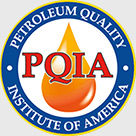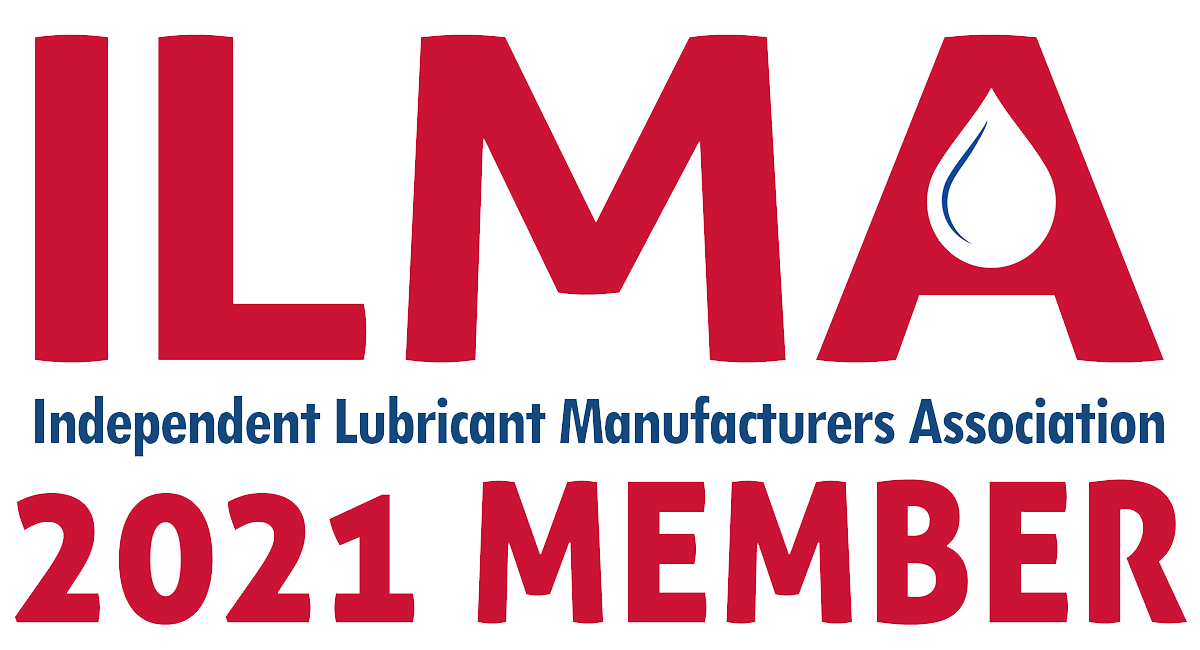 New President Mike Sommers highlighted record production while calling on government officials to promote open markets and expand infrastructure during the 9th annual American Petroleum Institute (API) State of American Energy address.
New President Mike Sommers highlighted record production while calling on government officials to promote open markets and expand infrastructure during the 9th annual American Petroleum Institute (API) State of American Energy address.
Sommers spoke to more than 400 government and industry leaders at the annual event, his first as API president. He highlighted a record year U.S. energy production while also calling out continued efforts to reduce CO2 emissions.
“Every generation has its own defining challenges, and its own defining accomplishments,” Somers said. “We call this one ‘America’s Generation Energy’ because of a remarkable dual achievement: meeting record world energy demand while driving record CO2 emissions reductions.”
Read More: Looking Ahead to 2019
Sommers also discussed the findings of the 2019 State of Energy in America report, which included a Harris Poll of 1,000 American voters. The poll showed strong support for continued U.S. oil and gas production, including 78% of respondents saying they support the U.S. producing more, 83% saying they see natural gas and oil as important to the future and 84% supporting increased energy infrastructure development.
He also talked about the importance of effective trade policy, praising the United States-Mexico-Canada Free Trade Agreement while also decrying quotas and tariffs on steel. He closed by reiterating the importance of strong infrastructure and expressing confidence in the American energy sector.
To read a transcript of Sommers’ speech, click here.




